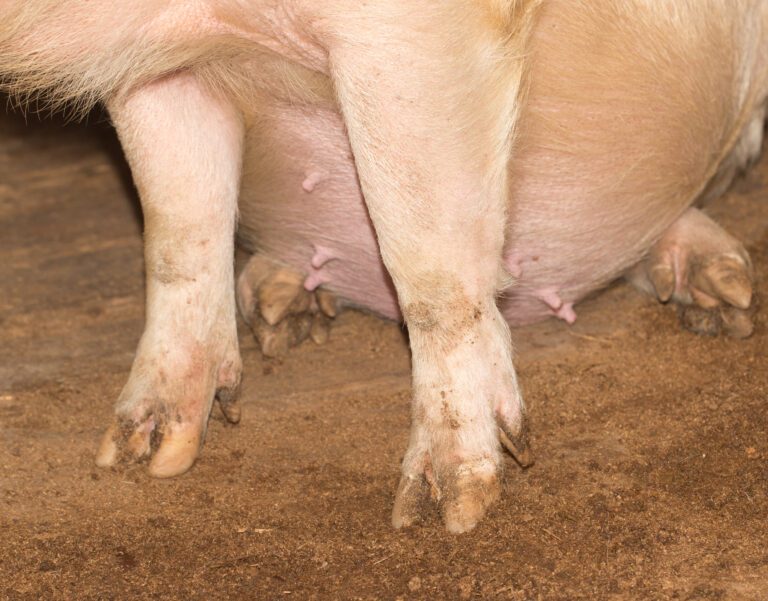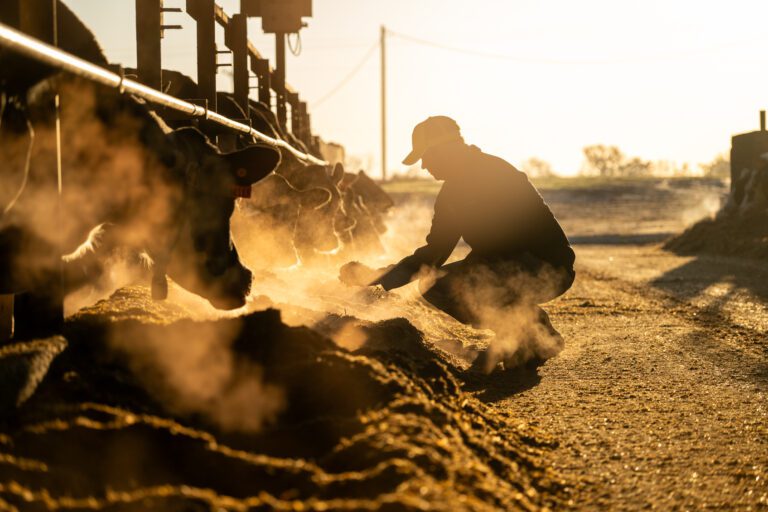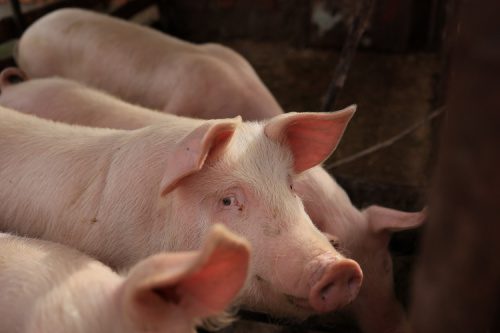Enzymes for Early Gut Development: Small Window, Big Impact
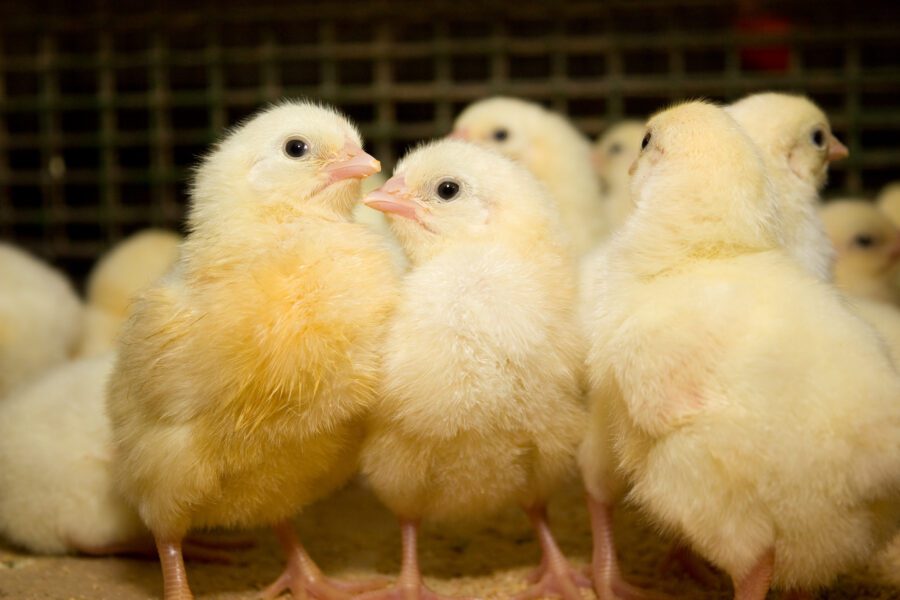
In broiler production, the first week post-hatch sets the foundation for lifetime performance. At this stage, the gastrointestinal tract (GIT) is still developing, presenting a challenge for nutrient absorption, immune readiness, and growth. Newly hatched chicks have an immature digestive system, limited enzyme activity, and increased exposure to environmental and dietary stressors.
Research indicates that a 10-gram improvement in body weight by day 7 can lead to a 60- to 70-gram increase by market age Thus, early nutritional strategies that support GIT maturation and efficiency are critical to improving survivability and performance.
The Protein Challenge
Young chicks require high-protein starter diets to support muscle growth, organ development, and immune competence. However, the production of endogenous proteolytic enzymes such as trypsin, which aid in breaking down and digesting protein, is limited in early life and does not reach maturity until approximately day 21 (Noy and Sklan, 1995). This mismatch can result in:
- Suboptimal protein digestion and amino acid absorption (Garcia et al., 2007)
- Increased undigested protein in the hindgut
- Elevated pathogenic load and inflammation due to protein fermentation
Undigested protein fosters the growth of Clostridium perfringens and Escherichia coli (M. D. Drew et al., 2014) which can contribute to enteric disorders, reduced feed efficiency, and higher early mortality.
Targeted Protease Support
CIBENZA® DP100 Protease Enzyme Feed Additive is formulated to enhance protein digestibility during the critical starter period. Its proteolytic activity supports improved nutrient utilization while minimizing anti-nutritional effects common in early-phase diets.
Documented benefits of CIBENZA® DP100 Protease Enzyme Feed Additive:
- Increases amino acid digestibility by up to 8% (Liu et al., 2013)
- Reduces digesta viscosity by up to 30% (Yan et al., 2017)
- Decreases C. Perfringens populations by 99% in high CP diet (Yan et al., 2012)
- Improves gut morphology (Increase villus height and improved crypt-to-villus ratio) (Dibner, 2010)
- Supports 10 grams gain at day 7 and reduces feed conversion ratio (FCR) by 4 points (Yan et al., 2017)
Managing Trypsin Inhibitors in Starter Diets
Soybean meal, the primary protein source in many starter diets, contains trypsin inhibitors (TIs) that further compound early protein digestion challenges. NOVUS evaluations report global variability in TI content, with some samples containing
CIBENZA® DP100 Protease Enzyme Feed Additive is effective in hydrolyzing both Bowman-Birk and Kunitz inhibitors, the two predominant trypsin inhibitors in soybean meal, supporting the pancreas, and optimizing nutrient utilization in the early production phase (Wedekind et al., 2020).
Gut Integrity and Mortality Outcomes
A healthy gastrointestinal tract (GIT) barrier is critical for reducing early chick mortality, and protease supplementation plays a key role in supporting it. By improving barrier function (↓ serum endotoxin concentrations), it helps prevent harmful bacteria and toxins from entering the bloodstream, reducing the risk of systemic infection. Lowering inflammatory markers (↓ IL-1β, ↓ AGP) creates a more stable immune environment, allowing chicks to focus energy on growth. It also promotes a balanced gut microbiota, which supports nutrient absorption and crowding out of pathogens. Finally, enhanced mucosal immunity strengthens the gut’s first line of defense, helping to prevent early infections that often lead to mortality.
When there is only a small window to make meaningful difference, targeted strategies that support gut health and nutrient utilization are essential to reduce early chick mortality and accelerate performance. CIBENZA® DP100 Protease Enzyme Feed Additive helps poultry producers take full advantage of this critical period, laying the foundation for strong, long-term productivity. Explore the science behind CIBENZA® DP100 Enzyme Feed Additive.
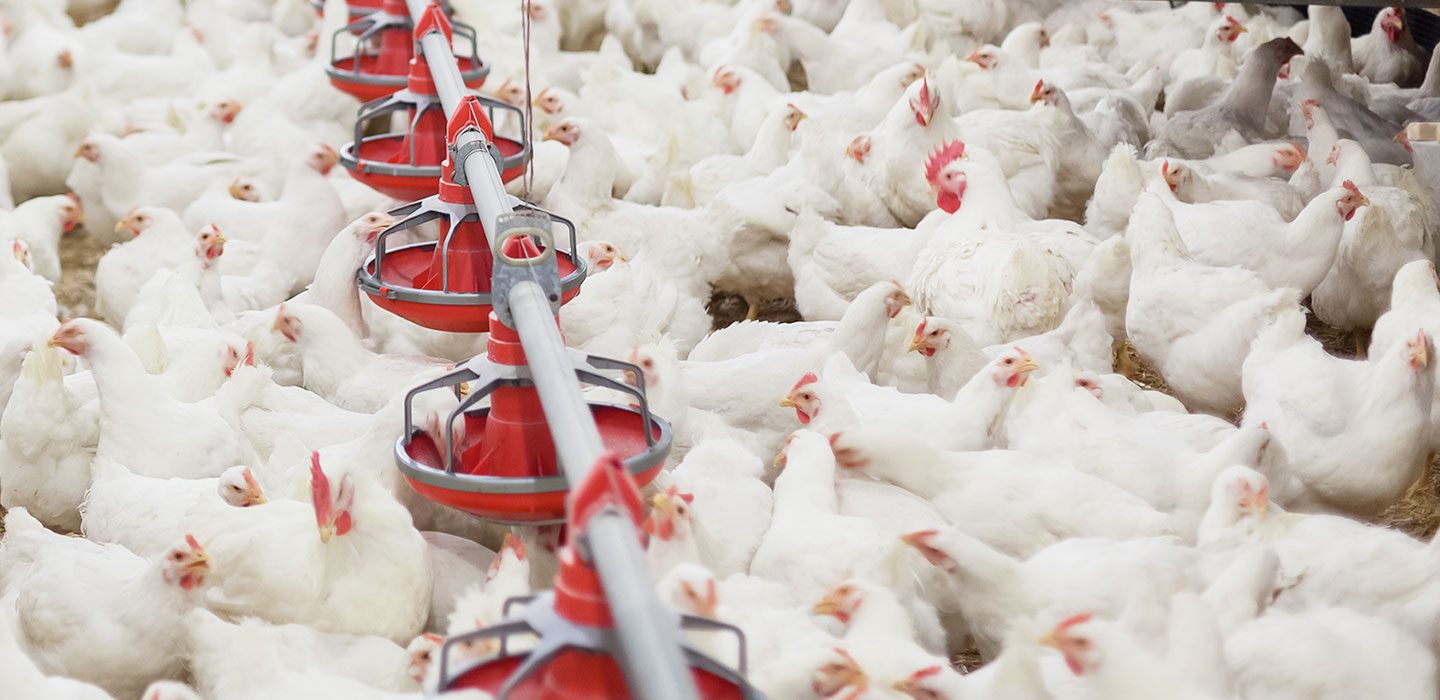
Intelligent Nutrition for Your Business
More science. More insight. More inspiration. More ways for you to feed the world.


